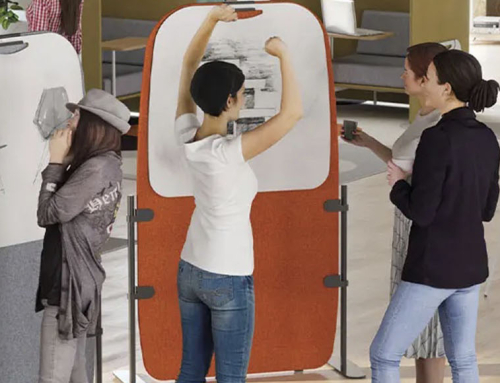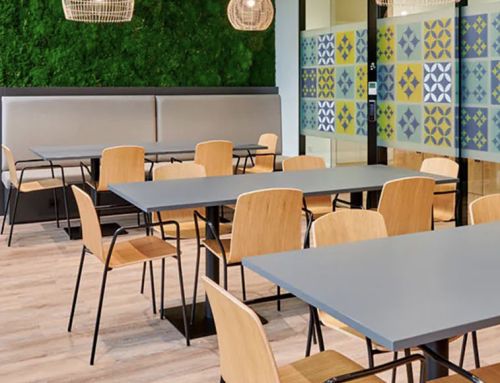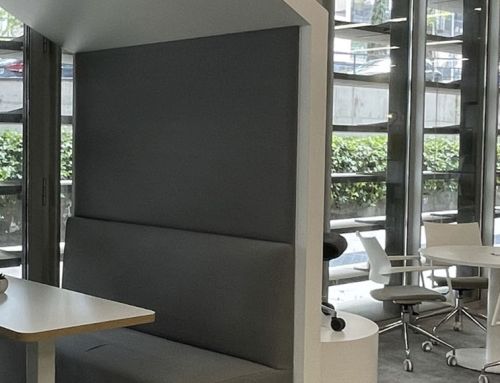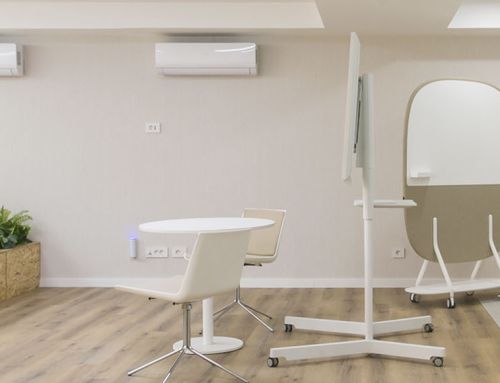In a context such as the current one, with a workforce in its worst emotional moment, the practices of promoting well-being will be a priority mechanism in organizations. In fact, the HR and Prevention areas of companies have planned the return of their employees to their work centers with different policies aimed at ensuring the physical, emotional and social health of workers.
These wellness policies must be accompanied by a workspace that is also aligned with that care for people. In this sense, a trend that had already come to stay in the workplace is accelerating, the humanization of the office.
Today more than ever, humanizing the workplace is very important to improve employee engagement and job satisfaction.
Humanizing the office involves creating healthy centers. It also means including spaces, designs and elements that break down the barriers between the world of home and work, creating comfortable, enjoyable and aesthetically pleasing environments, but it goes further.

Humanizing the office implies a change of concept; interpreting work centers not as containers but as facilitating tools at the service of talent. It means designing spaces with people in mind.
The spaces for one to become everyone’s disappear, and the most remarkable aspect is that the office gives us that community and sense of belonging that we have lost with teleworking and that in the current uncertain situation we need so much for our emotional balance.
The importance given by workers to social relations is today greater than ever. After these isolated months and working remotely, we need to regain personal contact and feel that we are part of something. Hence, the value of the concept of “neighborhood office”, with the multiplication of break spaces, relaxation spaces and informal meetings.
Human-centered office design contributes to improving the well-being of the workforce, as well as the operating results of the company. The reason is very simple, the entire space is designed to promote the motivation and quality of life of the workers, making it easier for them to give the best of themselves.
Martín López, commercial director of Ofita





